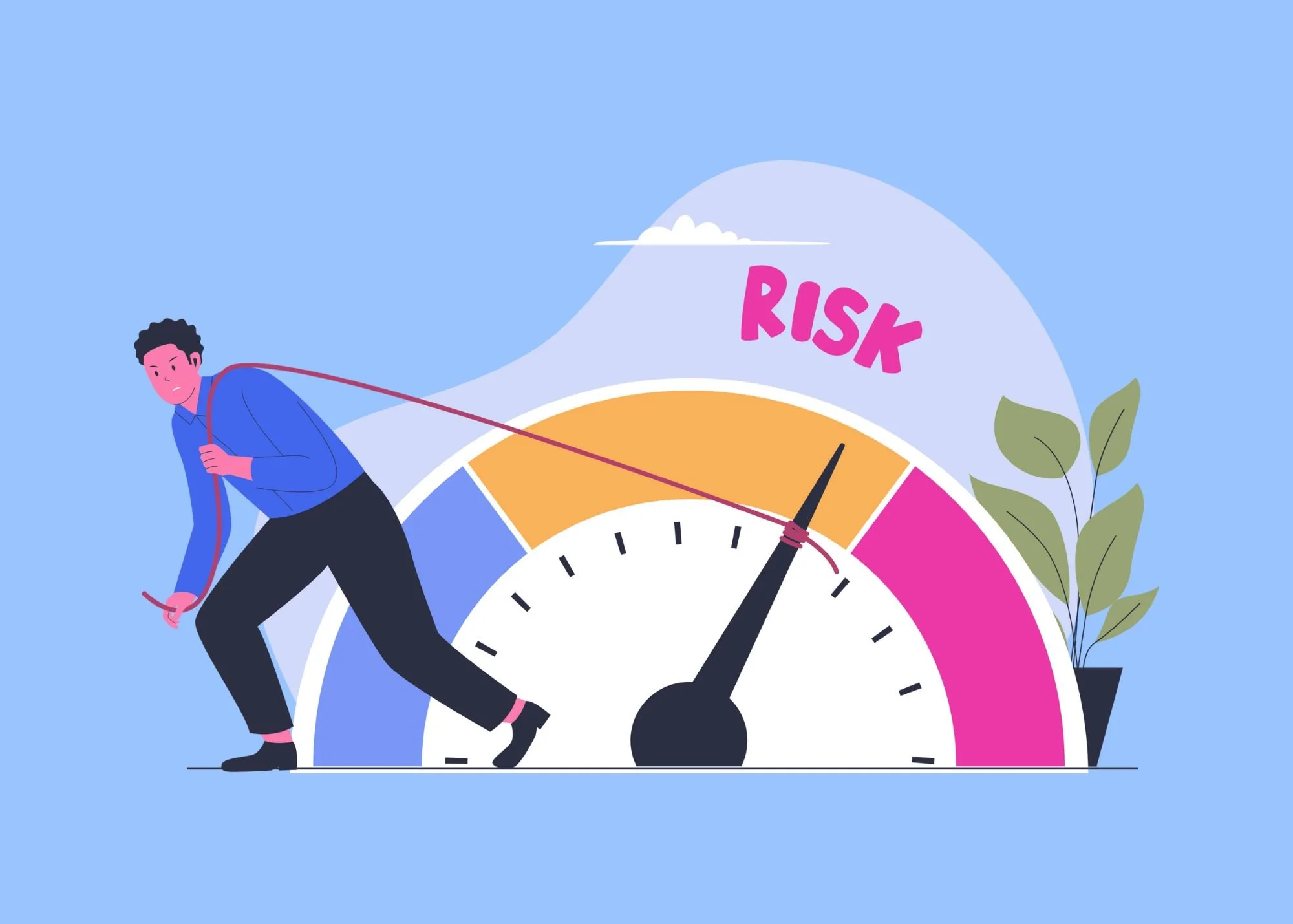How Overachieving and Burnout Became the New Normal—And How to Push Back Without Sabotaging Your Career
Welcome to the Age of Overachievement (a.k.a. Burnout)
Somewhere along the way, working 40 hours a week became "slacking." Hustling became a personality trait. "I'll sleep when I'm dead" became a badge of honor. And now? Burnout is just business as usual.
If you're reading this, chances are you've felt it: the chronic exhaustion, the creeping anxiety, the endless to-do list that never quite empties. The modern workplace has rebranded overachievement as the gold standard, and burnout as an unavoidable side effect. But here’s the reality: this isn’t sustainable. It’s not just an individual problem; it's a full-blown crisis, and it’s wrecking our health, our relationships, and, ironically, our productivity.
So, how did we get here? More importantly, how do we push back without wrecking our careers (or our finances)? Let’s get into it.
How Overachieving Became the Default Setting
The answer is a toxic mix of hustle culture, economic insecurity, and a corporate system that thrives on squeezing every ounce of productivity from employees while giving as little back as possible. Here’s how we got trapped:
1. The "Always-On" Work Culture
Technology blurred the boundaries between work and life. You can check your email at 10 PM? Great, now you should. You have Slack on your phone? Perfect, you’re always available. Work has seeped into every crevice of our existence, and saying "no" often feels like career sabotage.
2. The Productivity Trap
Companies love efficiency—until it threatens their ability to extract more labor from fewer people. If you get more done in less time, congratulations! You just earned yourself... more work. The reward for being highly capable is often more responsibility with no additional compensation or support.
3. Job Insecurity and the Cost of Living
Wages haven’t kept up with inflation, layoffs are a constant threat, and the cost of living is absurd. Many people have to overachieve just to stay afloat. The idea of "just doing the bare minimum" sounds laughable when your rent is half your paycheck.
4. The Social Pressure to "Do It All"
We’re bombarded with stories of high achievers crushing it in their careers, running marathons, launching side hustles, and somehow still having a thriving social life. The message? If you’re not overachieving, you’re falling behind.
The Fallout: Burnout is a Full-Scale Health Crisis
Burnout isn’t just feeling "tired." It’s a legitimate, chronic stress response with serious health consequences. Here's what happens when you stay in the overachiever grind for too long:
Cognitive Impairment: Chronic stress messes with your memory, focus, and decision-making (bad news if you like being good at your job).
Physical Breakdown: High cortisol levels lead to insomnia, weight gain, weakened immunity, and increased risk of heart disease.
Emotional Exhaustion: Burnout drains your ability to care—about work, about people, about anything. Hello, cynicism and disengagement.
Relationship Damage: If your default response to loved ones is "I don’t have time for this," that’s a red flag. Burnout isolates you from the people who matter most.
And yet, despite all of this, many people feel trapped in overachievement. Because pushing back feels like career suicide.
How to Push Back Without Sabotaging Your Career
Opting out of burnout culture doesn’t mean quitting your job to live on a beach (unless that’s your dream, in which case, go for it). It means setting boundaries, working strategically, and redefining success on your own terms. Here’s how:
1. Redefine What Success Actually Means to You
Is success climbing the corporate ladder at all costs? Or is it a mix of career growth and health, relationships, and sanity? Decide what you value and let that guide your choices—not just what society says you should want.
2. Master the Art of "Strategic Underachievement"
Not everything requires 110% effort. Identify tasks that need excellence versus tasks where "good enough" is actually good enough. Spend your energy wisely.
3. Set (and Stick to) Boundaries
No emails after a set time.
No "urgent" weekend requests (unless you're literally saving lives).
No working for free just because you "care about the company."
Communicate these boundaries clearly, and enforce them like your health depends on it—because it does.
4. Prioritize Recovery Like a CEO Prioritizes Profits
Sleep, movement, proper nutrition, and downtime aren’t luxuries; they’re non-negotiables. Overachievers love optimization, so here’s your new optimization strategy: optimize recovery the same way you optimize productivity.
5. Leverage Your Power (Yes, You Have Some)
If you're highly competent, you have leverage. Use it. Negotiate for better pay, push back on unreasonable workloads, and demand flexibility where possible. Companies need high performers more than high performers need any single company.
6. Find Purpose in Your Routine
Burnout often comes from feeling like you're on a hamster wheel. Inject meaning into your days: reconnect with why you do your work, align tasks with personal values, or create rituals that ground you in something bigger than deadlines and deliverables.
7. Have a "Burnout Exit Strategy"
If your current job requires constant overachievement with no end in sight, start planning your exit. Maybe it’s finding a better employer, switching industries, or designing a career that aligns with a sustainable pace. You don’t have to "stick it out" forever.
Final Thoughts
We’ve normalized burnout, but we don’t have to accept it. The system may be rigged for overachievement, but you can still opt out—strategically. Pushing back doesn’t mean "giving up." It means choosing where to invest your energy, setting limits, and prioritizing long-term success over short-term hustle.
Your health, your relationships, and your quality of life aren’t worth sacrificing for a never-ending pursuit of "more." So, what’s your next move? Because staying on the burnout treadmill isn’t the power play you think it is.
🔥 Need Help? For the High Performer Who’s Running on Empty
Burnout doesn’t always look like collapse. Sometimes it looks like doing everything right… and still feeling awful.
You don’t need more grit. You need a new game plan.
💡 Let’s rebuild your energy—without burning you out in the process. Book your free 20-minute consult today.
Article References
The sources cited in the article:
Harvard Business Review (HBR). "How to Dial It Back When You’re a Chronic Overachiever." HBR - Chronic Overachiever
Harvard Business Review (HBR). “How Burnout Became Normal and How to Push Back Against It.” HBR - Burnout
Deloitte Insights. "Employee Health Contributes to Organizational Health." Deloitte - Employee Health
Deloitte Insights. "Mental Health Today A Deep Dive Based on the 2024 Gen Z and Millennial Survey.” Deloitte - Mental Health
National Institutes of Health (NIH). “Burnout Phenomenon.” NIH - Burnout Phenomenon






